The Key Differences Between Content Marketing and Blogging
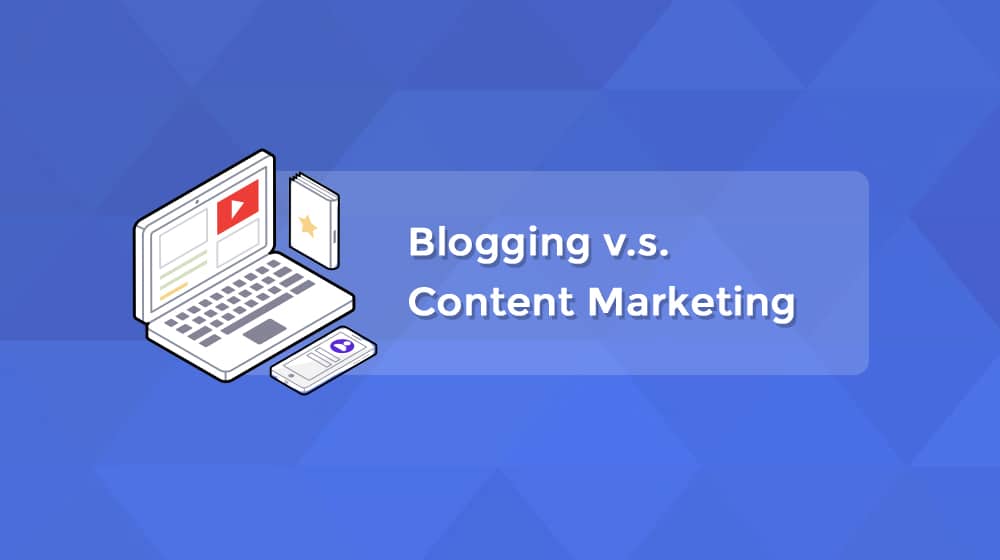
Content marketing and blogging are not the same thing, though they have a lot of overlap. Almost complete overlap, in fact. You see, I consider blogging to be a part of content marketing, just like how images are part of blog posts. It's a small part of an overall whole. What, then, are the key differences between the two?
Blogging is Centered on Your Website
To me, the single biggest difference between content marketing and blogging is that blogging is centered around your website, while content marketing also includes all of the non-website, non-blogging forms of content-based marketing you can use to grow your business. Don't worry, I'll get to all of that in a couple sections.
Blogging is, primarily, centered on your website. Many people use the example that a blogger "hits publish and considers it a job well done" while for a content marketing, publishing a post is the first, most basic thing they can do.
I don't really subscribe to this view myself, but that's because I've spent so long blogging that even the basic act of blogging requires a lot more than just writing and publishing a post.
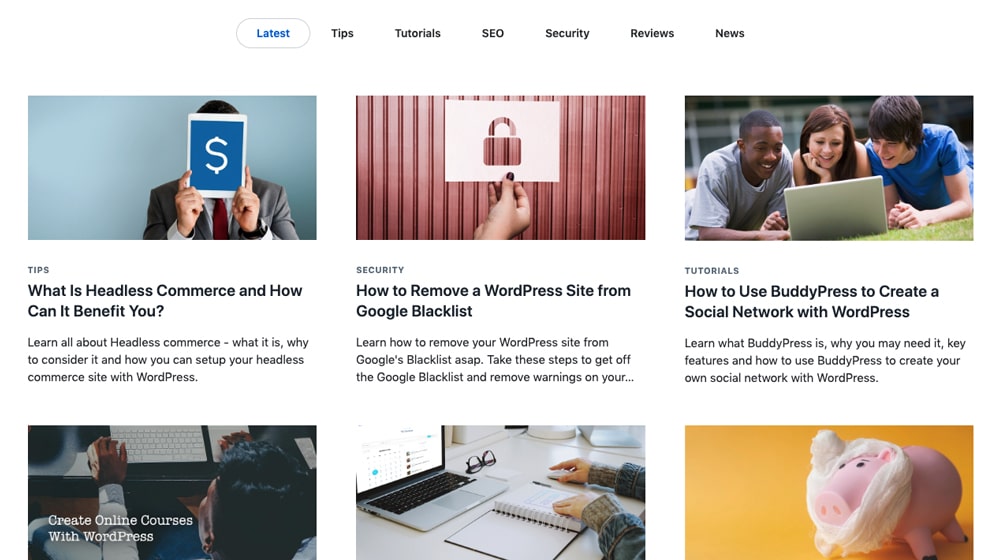
Blogging, to me, includes tertiary knowledge that is required for a blog post to be successful. It requires things like:
- Keyword research, to understand your audience and know what kinds of content is going to attract them to your Google search results and thus your website.
- Competitive research, to gain some insight as to the competitiveness of the topic you're writing about, and what you're competition is doing.
- Meta data optimization, to make your content more attractive to Google and better positioned in the Google search results, for maximum visibility.
- Internal and external linking, to show that you're a part of a broader community, that your content doesn't stand alone, and to build some SEO benefit.
- Graphic design, to spice up your posts and make them stand out from the crowd.
- A purpose, so that every post is guiding a user to some deeper part of your funnel. Knowing what the users are coming to your post for helps you craft content that draws them to an appropriately deeper level. Warming up cold leads into cool leads into warm leads into hot leads over time.
- A calendar, to maintain a schedule of consistent content added to your blog over time.
A lot of people consider many of these aspects to be part of content marketing, not of blogging. To me, a blog can't be successful without them, so I consider them part of blogging. Content marketing, meanwhile, considers external and non-blog forms of marketing with content.
Content Marketing Requires an Overall Plan
Now, even though I say things like blogging needs to have a purpose, doesn't mean content marketing is narrow in scope. In fact, content marketing just has to get broader to encompass everything that is included in blogging.
Content marketing starts with knowing the audience that you're trying to attract. You need to know the kind of people you want as customers, so you can learn about what interests those people have, so you can perform research to figure out what kind of keywords and topics will reach those interests, so you can produce content that can be competitive while targeting those keywords. It's a lot, right?

Content marketing requires creating buyer personas and keeping all of that information in mind at all times, while creating an overall content plan.
A content plan means knowing how you want to cover a wide variety of possible issues with as even coverage as possible. You don't want to alienate one part of your audience while catering to another when they're both equally valuable.
Content marketing requires consistency across different forms of media and different locations for content, as well. I'll go over the different forms of content in a minute, but what do I mean about different locations for content?
Content marketing means knowing where, other than your website, you can publish content that can benefit your website. Primarily this means social media; posting on Facebook, on Twitter, on LinkedIn, even on SnapChat or TikTok or whatever else is most likely to engage with your audience. That's not all, though; it also means guest blogging, it means link building outreach, it means content aggregators. It might even mean partnerships for content syndication.
Content marketing can also include paid advertising, if that advertising is focused around content. I don't consider your usual Google ads to be content marketing, but Facebook promoted post can be. More likely, though, you'd be looking at sponsored blog posts and other paid forms of content and media.
Any time where you're producing content that is not a blog post, or that isn't on your website, it's part of content marketing but not necessarily part of blogging.
Content Marketing Includes Other Forms of Content
I've alluded to it a couple of times, but there are a lot – and I mean a lot – of different forms of content you can produce that are not just blog posts. In fact, in the past, I've often used blog posts as the foundation to spin off these other kinds of content. What kinds of content might they be?
Videos. Making and posting videos can go along with blogging. Create a video on a topic and then write a blog post that makes use of the video as a piece of foundational knowledge, or as a spin-off "read more" kind of content. Alternatively, create videos as unique pieces of content.
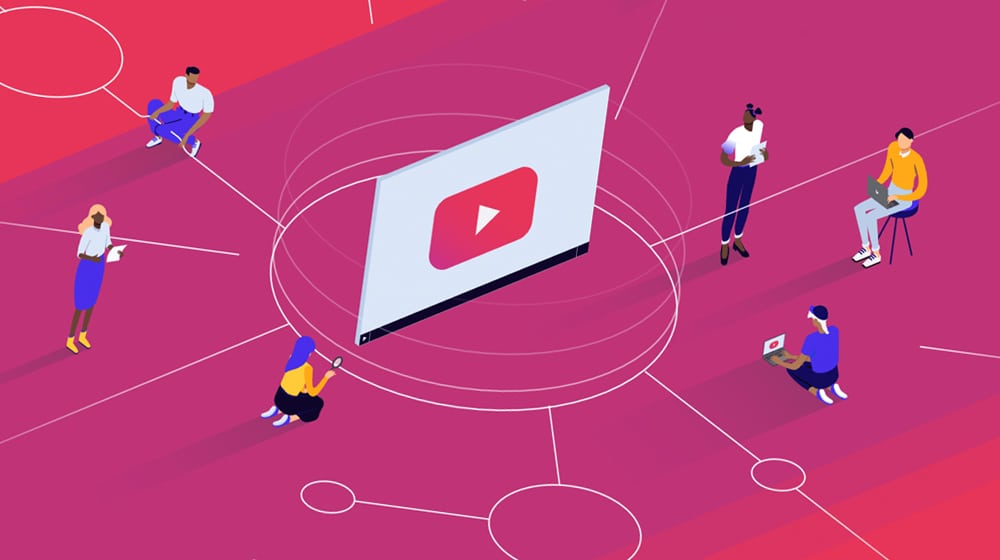
You can post videos on social media, like on Facebook or Instagram, and you can post them on video hosts like YouTube or Vimeo. Sure, YouTube has a lot of issues these days, but it's still the biggest video host in the world, and that has to count for something. Video content can add a lot to your overall content marketing plans.
Newsletters. You haven't been forgetting to build up a newsletter or mailing list, have you? A mailing list is crucially important for all but the largest brands, and even those large brands use them. Why? Because a newsletter is the one singular marketing channel in the world that doesn't rely on another service to be viable. SEO? You rely on Google to show your content. Paid advertising? You rely on the network to not drop you and your budget to afford it. Social media? You rely on those sites having an active audience and on them not suspending your account. TV or radio ads? Still rely on reaching an audience with the permission of the carrier.
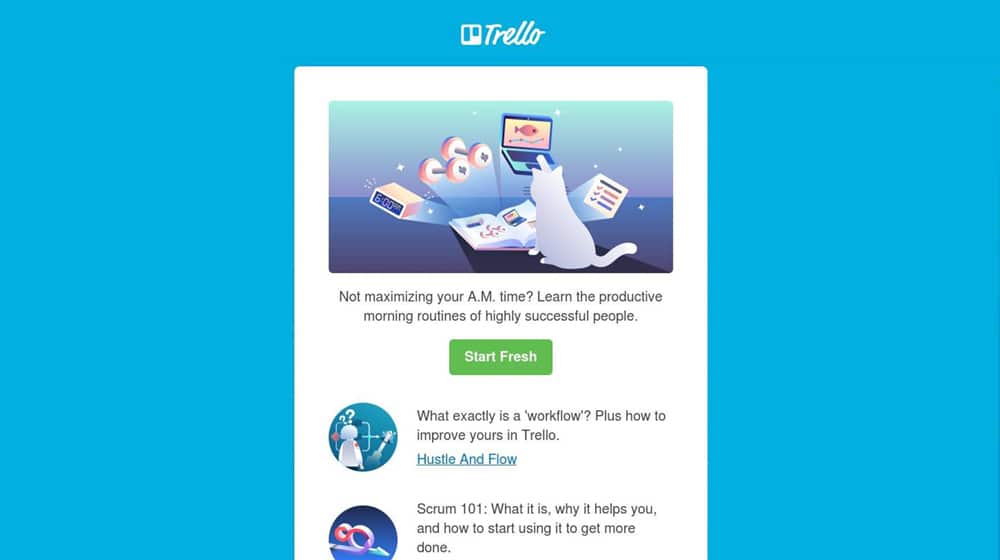
Every single channel other than direct email communications rely on some other service. Oh, sure, you can still run into issues if the email management app you're using decides to block you for spam or something, but that doesn't mean you don't have access to your mailing list, just that you need to find another service to reach them.
Infographics. Turning a blog post into an infographic is a great way to take a single piece of content and give it a new form of life. Infographics have a different sort of appeal to a different audience. They can be posted on infographic aggregators, they can have clever graphic design that goes viral, and they can have blog posts and other writing attached to them. Not only do they spin off from a blog post and have a blog post attached to them, but they can lead to other people using your content as a stepping stone for their content, usually with a link back to your site.
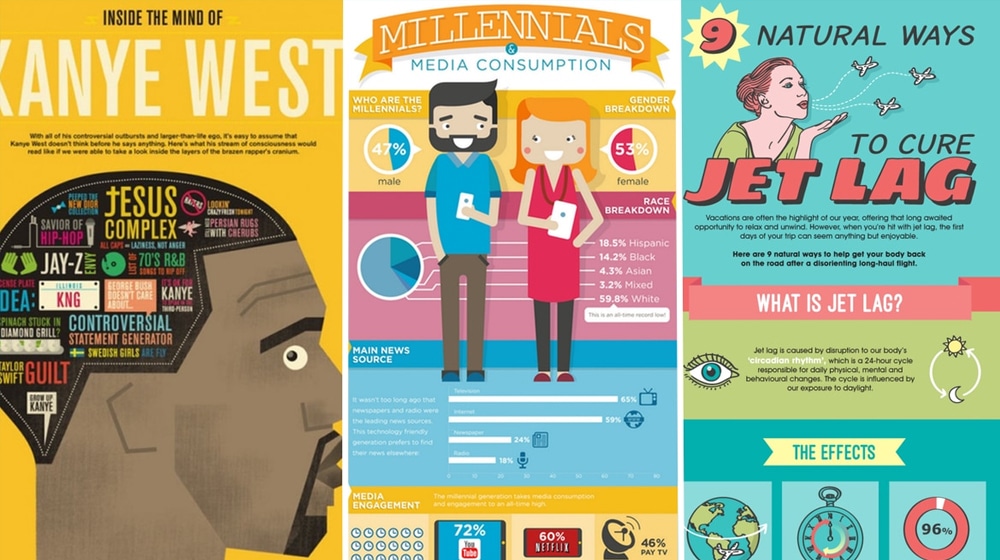
Ebooks. Ebooks are like blog posts on steroids. They don't count as blogging because they aren't part of your blog, but they can be written and formatted like exceptionally long, value-packed blog posts. You can post them on your website for people to claim and read, or you can host them for sale on any of a hundred different marketplaces for ebooks.
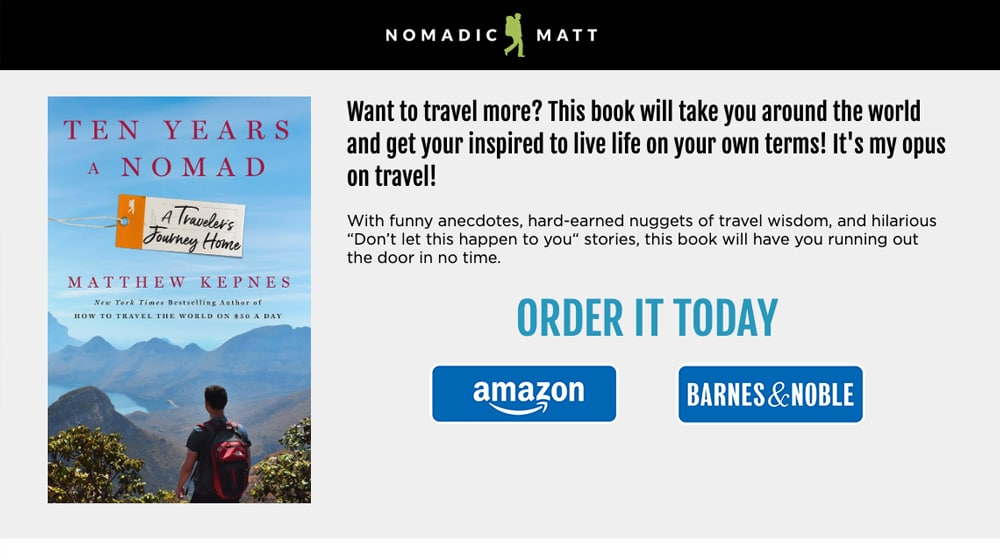
Press releases. A press release is very different from a blog post, and requires a completely different style of writing to create. They also serve a different purpose, and you're rarely actually posting them on your site. They're meant to build awareness and connections with media outlets, and to open up channels for anyone who wants to cover you to approach you.
Podcasts. Podcasts get a bit of a bad rap because they were a flash in the pan trend for a while. It seemed like everyone made them, almost none of them did well, and now they're dying off. Well, not exactly, but a there are a lot of abandoned podcasts out there.
A good podcast involves more than just writing a script, though; it involves building connections and having interesting conversations with interesting people about interesting subjects. Finding the right topics is crucial to a successful podcast.
Social media posts. Of course, writing content for social networks is just as much of an art and just as much of a science as posting on your blog. Even if the core of the social posts is a link to the blog post, the social posts are not themselves blogging, they're part of the overall content marketing scheme.
Webinars. Creating content for a seminar on the web, or a course, or some other form of interactive content is a form of content marketing that does not include blogging. You see what I mean, now? Any time you're creating new content and it's not just a blog post, it's part of your overall content marketing.
Blogging Alone is Not Enough, But It Helps
One of the most important differences between content marketing and blogging is that blogging can help boost your website's visibility and bring in traffic, but content marketing is what's really effective. There are a few reasons for this.
First of all, remember that among all the businesses online, the best of them are using content marketing. The ones under those are just using blogging, and the ones under those are doing neither of them. It's a ladder. The more effort you put into it, the better your results will be, with accounting for things like niche, competition, and audience sizes.
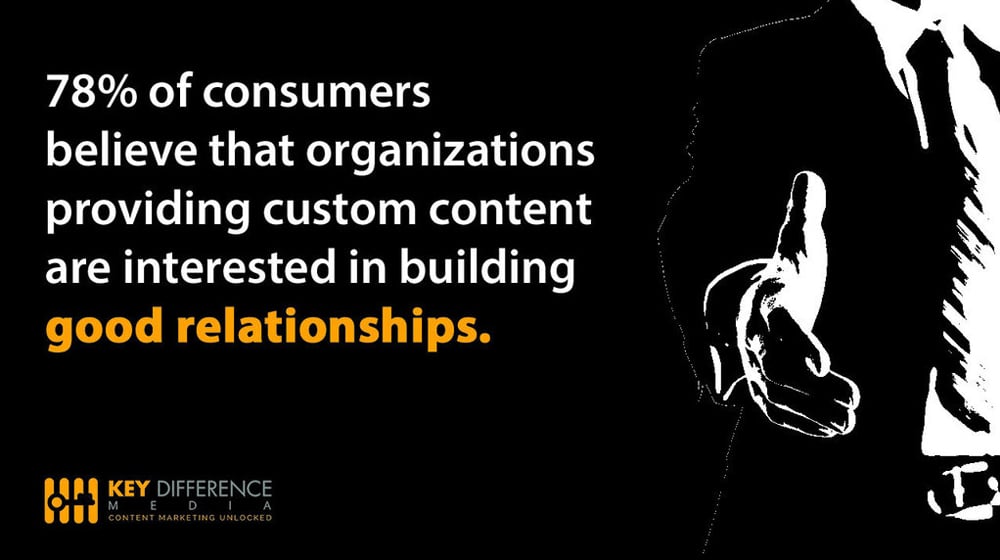
If you're doing nothing, starting a blog will be an improvement. Every blog post you write is a hook you cast into the sea, looking for fish. The more blog posts you have, the more hooks you have out there, and the more fish you can reel in at any given time.
If all you're doing is blogging, though, you're letting a huge amount of potential go to waste. A lot of different benefits you can get from your blog involve building relationships with other websites, building up links from other sites, making partnerships, advertising, and promoting yourself. That's what content marketing is doing for you: taking advantage of those other benefits.
There are a lot of tangible benefits to content marketing. Just check out this post from Neil Patel, full of studies and statistics.
Doing something is better than nothing, but the more you do, the more benefit you can get out of it. Diminishing returns don't kick in until we're talking about whether or not you should write a third guest post this week, not whether or not you should consider starting social media profiles.
Content Marketing Requires Knowing Where Your Readers Go
Obviously, you want to bring your potential readers to your website, but how do you do that? Blogging does it by creating content and operating under the assumption that by building it, those people will find you.
It doesn't always work that way.
Content marketing requires knowing more about your audience, and a huge portion of that is where they spend their time. You need to know where they are, so you know how to reach out to them and tell them where you are.
Think about radio ads. When you broadcast a radio ad, you're probably getting a geographically limited bit of advertising, but that's the only real targeting you can get. Sure, you pick the radio station based on demographics – the people listening to a classic rock station are different from the people listening to local college radio – but that's about it. You can't target "the people driving blue cars and listening to the radio" or anything like that.
With online advertising, you have way more control. You can pick the website you're reaching first of all. Is your audience on Facebook? Probably. Are they on Instagram? Maybe. Are they on Pinterest? Sure, for some demographics.
With content marketing, you aren't just picking a venue, though. You're picking narrow locations like individual websites. Want to reach the readers of Entrepreneur.com? Why not… write for them? Contributing as a writer or guest poster to sites where your audience already visits can help bring them to you.
Content Marketing Includes Guest Blogging

I know I've mentioned this off-handedly a couple of times already, but it's worth reiterating. Guest posting is a huge part of content marketing. It's not strictly blogging, because it's not on your blog, but it's using the same basic set of skills. You still need to consider things like keyword research and audience targeting, but you don't have to worry as much about images and meta data, since the host site usually takes care of that.
Guest posting is crucial for building a personal brand. You want people to start to recognize your name and face as an author credit on big-name sites, so that when they find your site, they inherently already trust you as an authority.
Blogging is Just the Start
At the end of the day, blogging is just the first step in a long process. Blogging is a foundation, something to build up and work with to reach outwards and expand your influence. And, of course, parts of content marketing help to enhance your blog.
Start by doing the research. Learn who your audience is and start creating buyer personas. Figure out the demographics, interests, keywords, and locations that you can use to attract those people. Learn how to reach them, not just how to put content in front of them.
Follow that up by looking for opportunities. Everyone has problems in their lives. It might be problems with work, or with home life, or with vacations, or anything else. You can help to solve some of those problems, and it's your job to figure out which problems and how to solve them. That is where your best opportunities lie.
Turn your gaze inward. What makes your business stand out? Where are you going to out-perform others? What is your competition doing and what makes you unique? This unique selling point is crucial for getting your brand to stand out and compete.
It's also a good idea to figure out what kinds of content you want to focus on. I mentioned all of those various forms of content above, like podcasts and press releases and all the rest, but you're not going to be able to use all of them. Figure out which formats work best – along with blog posts – and make use of those.
That is how you do content marketing.



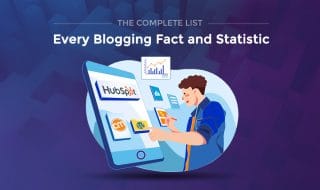


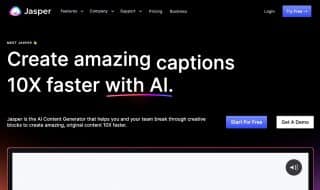

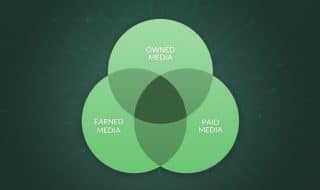

May 25, 2021
Thank you! It seems content marketing is a more "tactical" approach and blogging is more a "hobby" approach.
May 26, 2021
Hi Lauren!
Thanks for your comment 🙂
Sort of; blogging is a form of content marketing, but I can see where you're coming from.
Most businesses that think of bloggers think of small personal sites, and content marketing as an enterprise approach, e.g. "weaponizing" blogging.
There's a lot of misunderstanding and misinformation surrounding blogging, but it's getting better now that search engines have put such a heavy focus on content quality.
July 22, 2021
Hey James. Can I turn my blog into podcast?
July 24, 2021
Hey Dan!
Absolutely - I wrote a few articles on this blog about this very subject.
You could start with this one:
https://www.contentpowered.com/blog/guide-starting-podcast-blog/
Good luck!